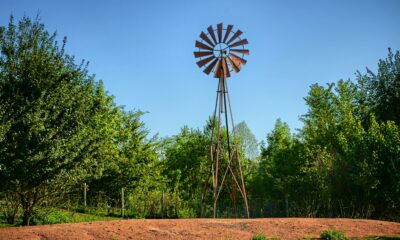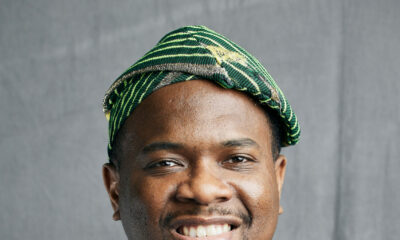Inspired
Doyinsola Ogunye is Teaching Kids to Create a Healthier Environment, Empowering Women, and Saving the World with MEDIC Nigeria
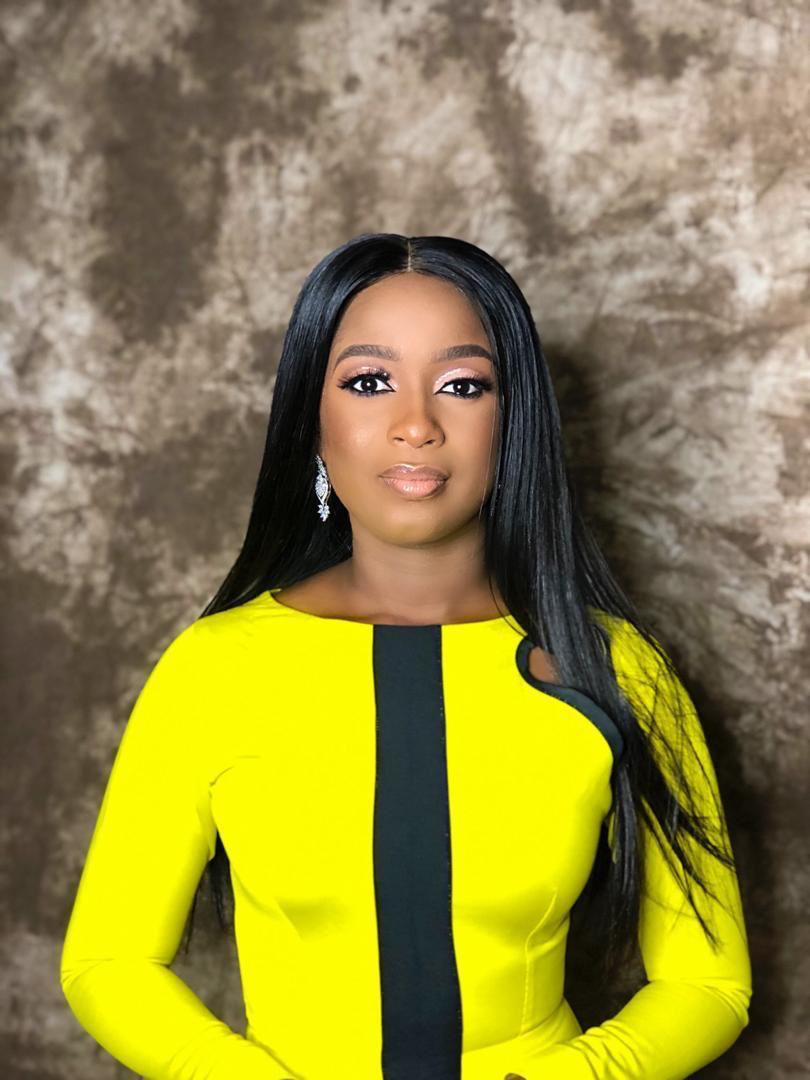
Doyinsola Ogunye
When Doyinsola Ogunye was a child, she wanted to be a scientist, to change the world, like the characters in the cartoons she watched then. “I don’t know why, but I always wanted to invent things and create solutions.” Years later, she’s not just changing the world, she’s inspiring kids to do the same.
She’s the founder of Mental and Environmental Development for Children (MEDIC), whose main program, Kids Clean Club, is an initiative created to teach kids, especially those in coastal areas, the importance of taking care of the environment, encouraging them to pick up litter, and sorting through recyclables, while teaching them how to take care of themselves, and empowering their mind so as to improve their educational abilities.
“In children’s formative years, it’s important that they know and are able to imbibe values and learn a lot that will definitely change their outlook towards life. If we’re teaching 2 million children the right thing to do, we know that in the nearest future, we’ll have more children and people supporting a cleaner and healthier environment,” Doyinsola says on why she decided to focus on kids.
MEDIC also runs Kids Beach Garden, a sustainable beach space where we encourage kids to plant trees and clean the beach while having fun.
Another MEDIC initiative is Recycling Scheme for Women and Youth Empowerment (RESWAYE), whose mission is to provide economic empowerment for women and young people in coastal communities through recycling initiatives, while eliminating plastic waste in the waterways.
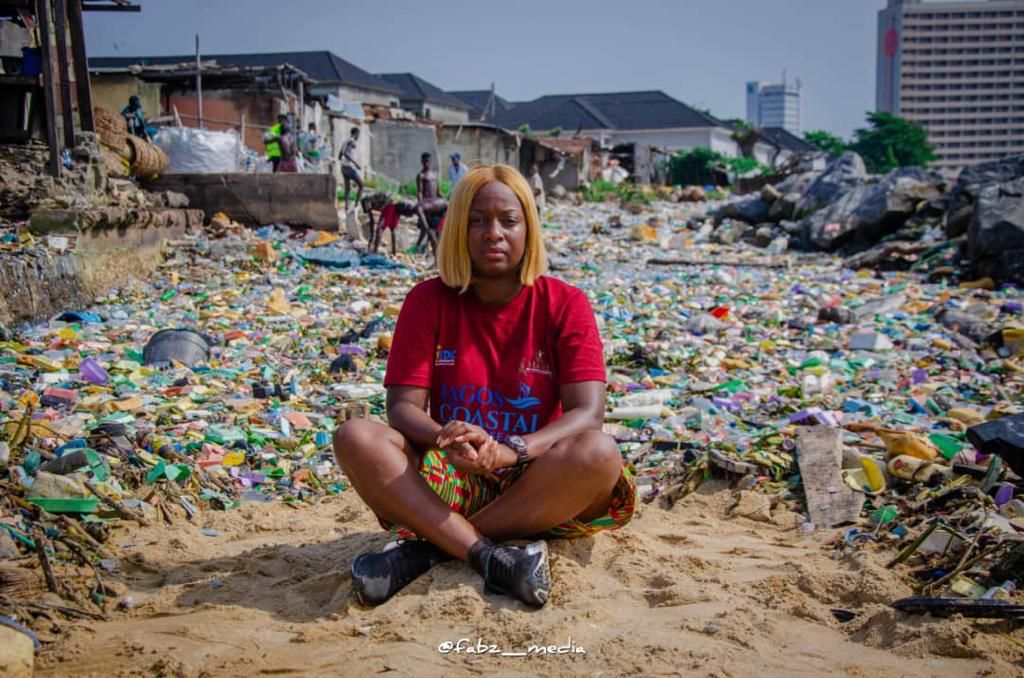
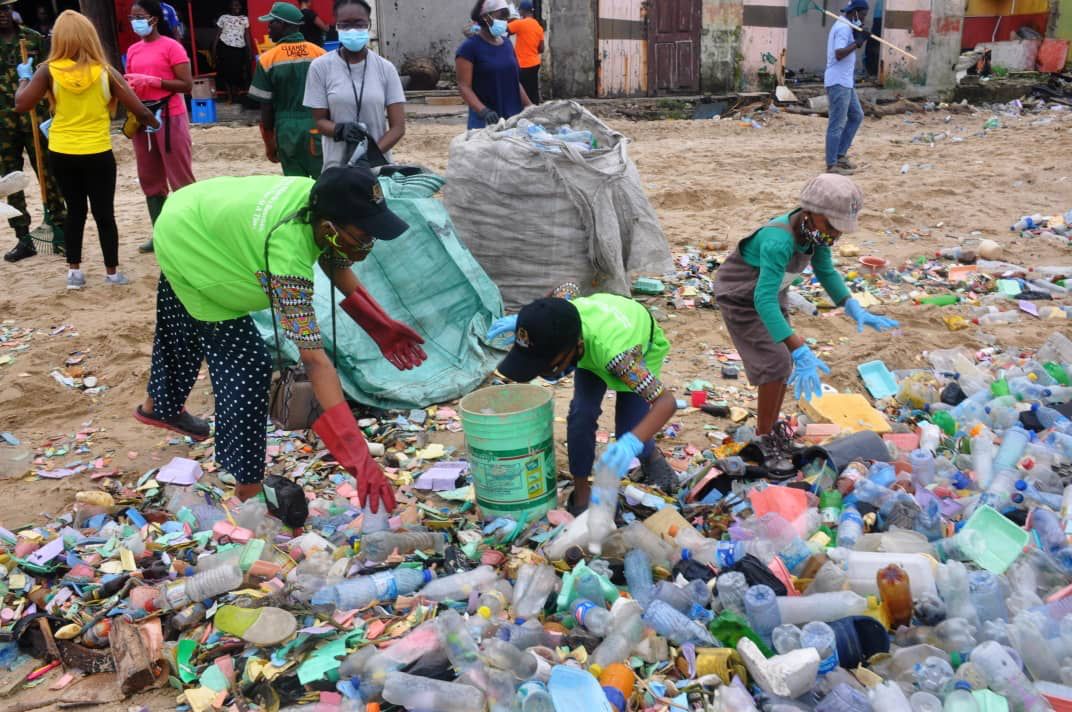
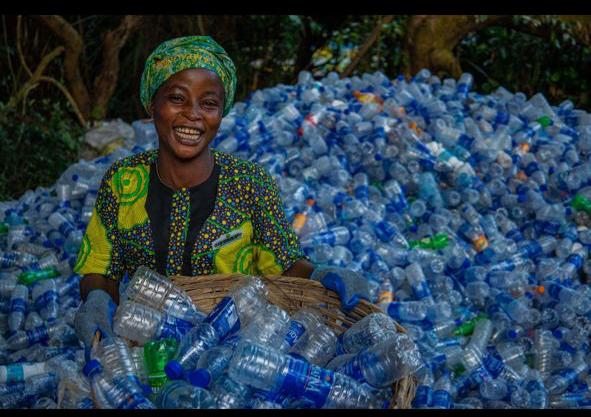
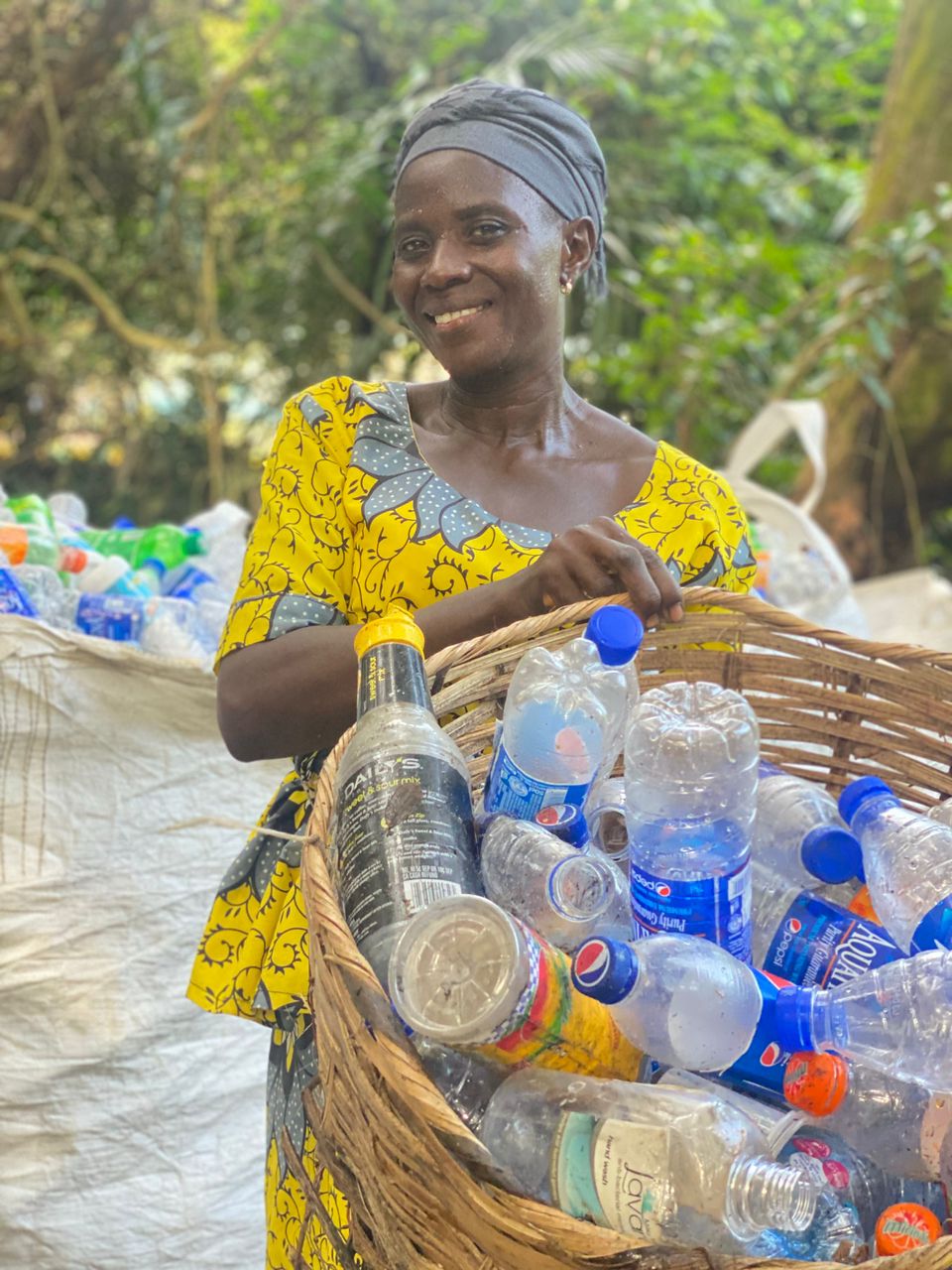
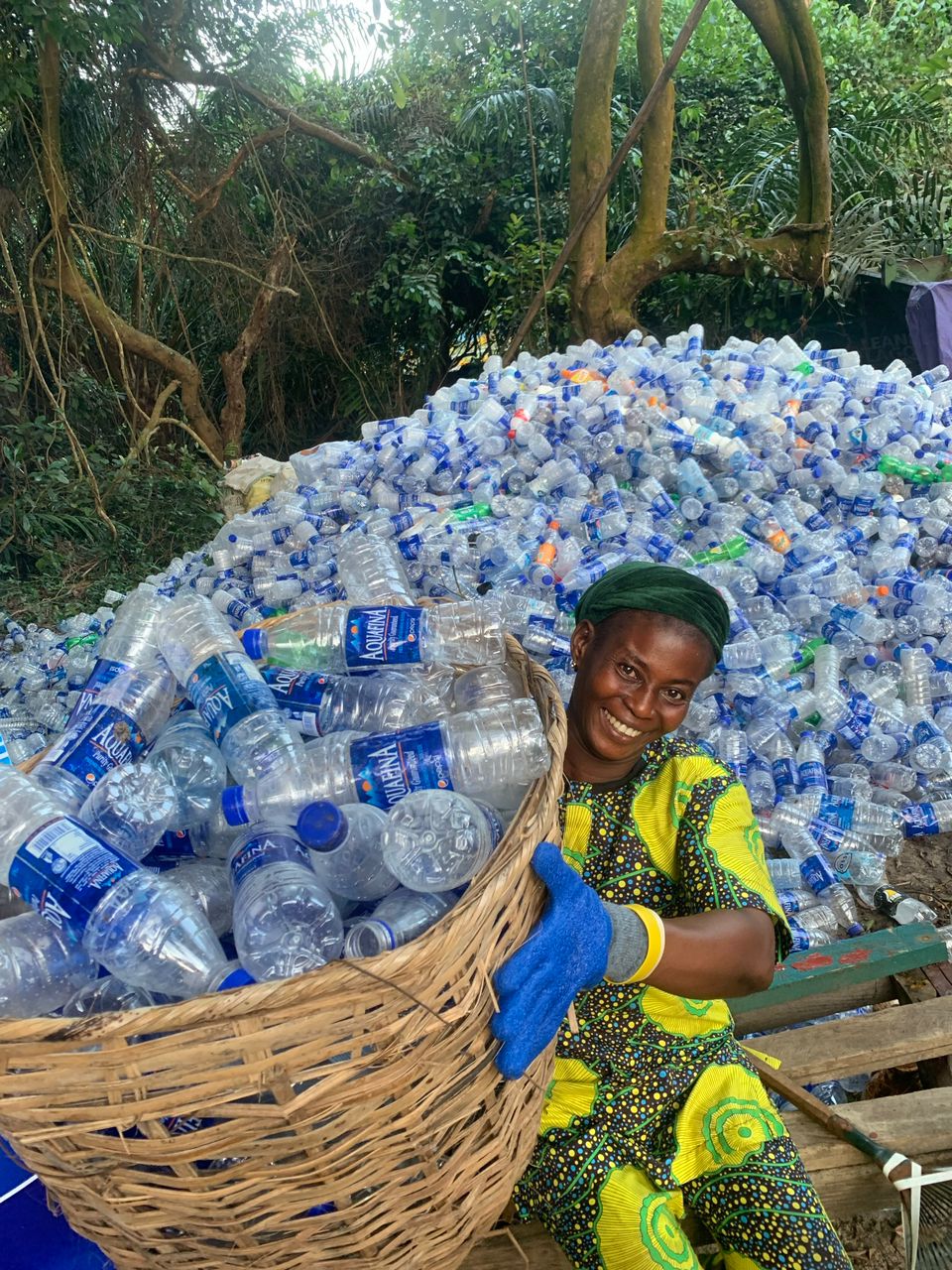
How It All Started
Years ago, Doyinsola’s family moved houses within Lagos, and while in her new environment, she noticed a lot of children roaming the heavily polluted streets and was worried about the health hazards this poses. “I asked myself, ‘what can we do to change this?’ I started talking to older people but no one really understood what I was saying. Then I decided to speak to the younger generation and encourage them to take care of their environments. We started to play games together while they learn how to take care of their environments. I started going to schools to teach about recycling and tree planting and that’s how it started,” she says.
“Children can’t vote or change laws, but they can do little things in their environments that would change the world on a global level. That’s why I encourage them to do things for the love of the environment and their country.”
State of Nigeria’s Environmental Healthcare Sector
“We have a lot of learning to do. We have a lot of work to do,” Doyinsola says. “To be honest, it’s below average. People do not care and they don’t because they think it doesn’t really affect them. So, we need to do a whole lot more in ensuring that people are aware of the importance of protecting our environment,” she added.
One of the major challenges, according to Doyinsola, is people doing whatever they like: “they feel they’re not compelled to do anything. They feel since there’s virtually no enforcement, they can burn their refuse if they like. Nobody really cares about the environment and the effects of harmful environmental practices on themselves and other people. For a lot of people, they want to save money – they do not pay waste bills or go through the ‘stress’ of recycling.”
As a society, we need to pay attention to our environment and Doyinsola says we can start with the simplest of things:
- Take a bag to the supermarket where you shop instead of having your stuff in a new one at the store when you know it’s going to join your cache at home
- Plant a tree (to celebrate birthdays, to commemorate people’s passing, for any reason)
- Talk about environmental healthcare
- Celebrate environmental champions
“There are so many ways we can do little things that add up because there are a lot of us in Nigeria.”
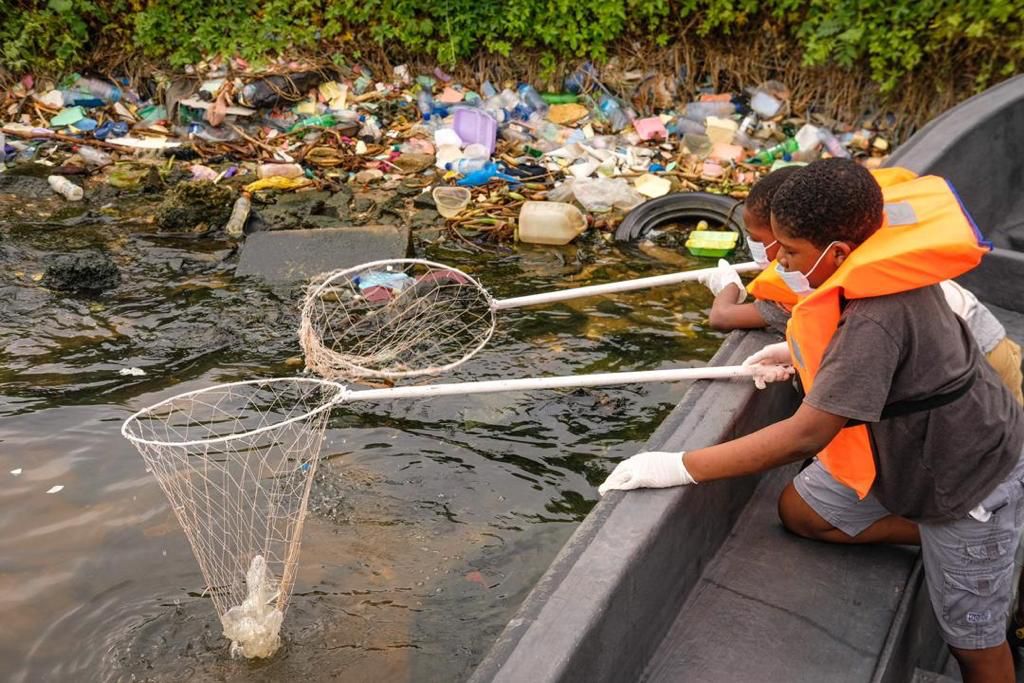
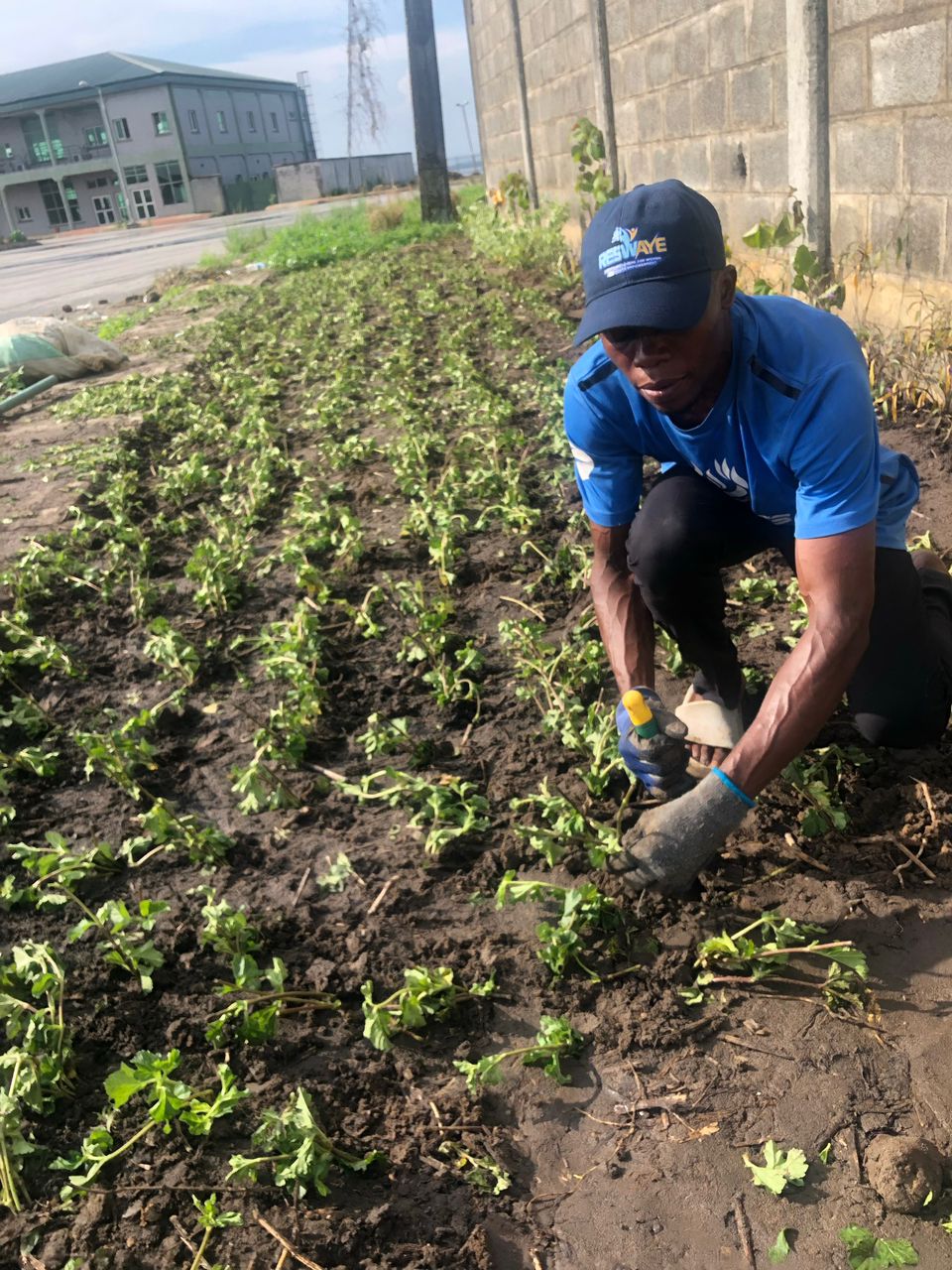
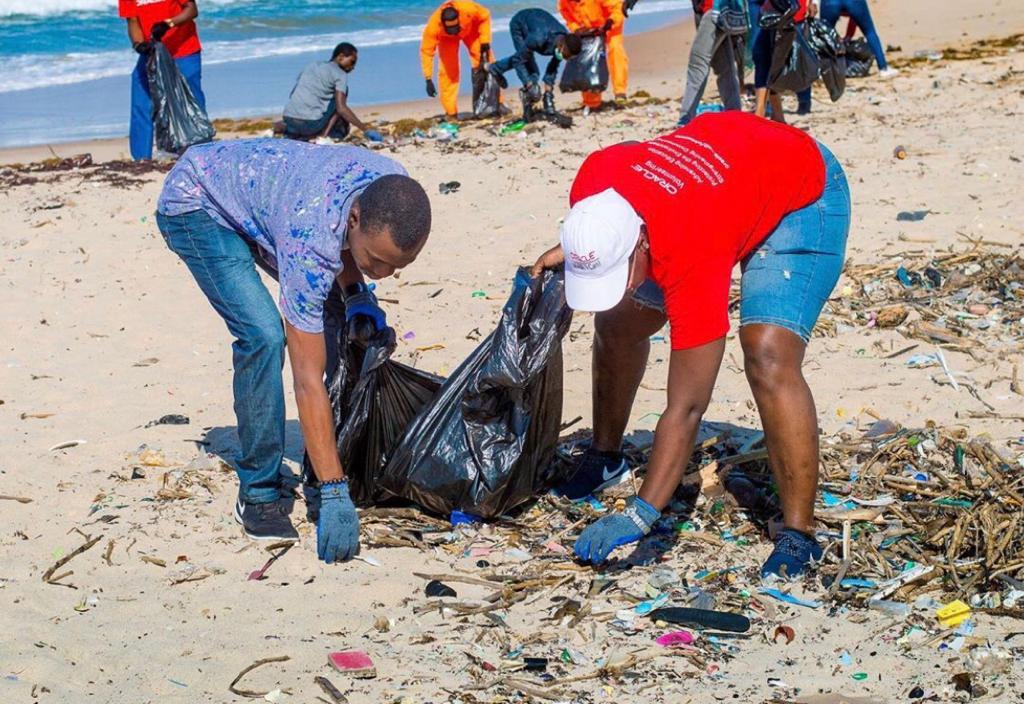
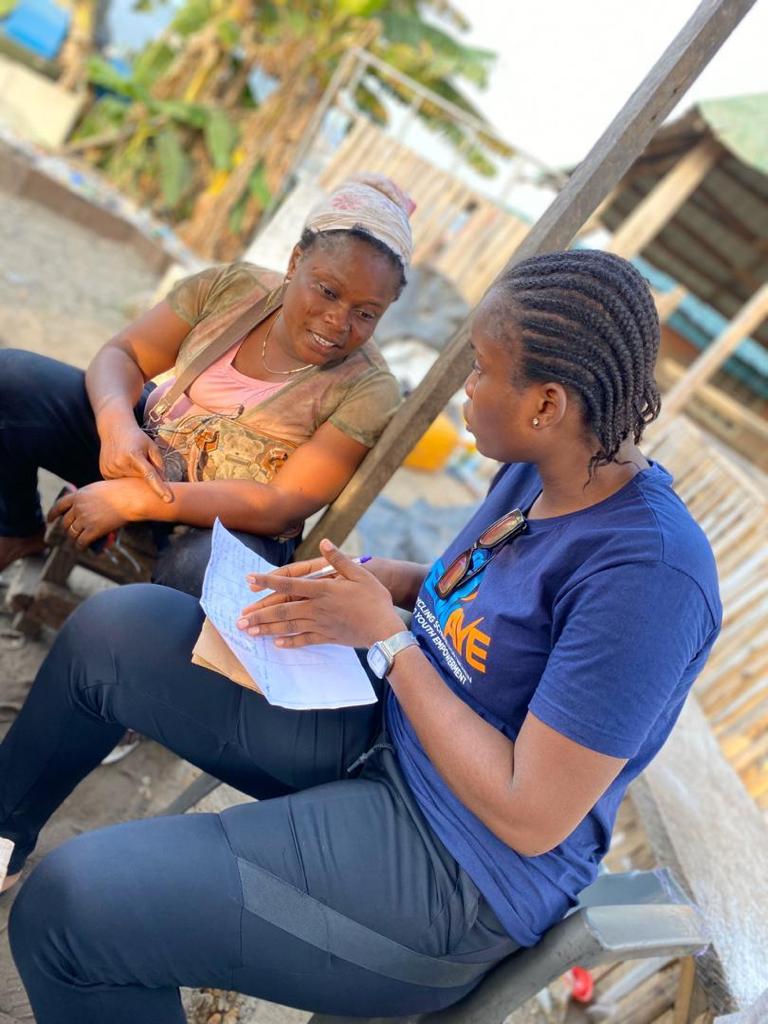
Doyinsola’s advice to the government is to continue to organise orientation and awareness campaigns on how our environment affects us in the long and short run. Also, “we have a lot of environmental laws and we need to start paying attention to enforcing these laws,” she says.
There also needs to be an enabling environment for businesses and innovators in the environmental sector (especially in the area of recycling), to thrive.
Schools As Partners
Children spend more time in school than any other place, that’s why educational institutions must assume their roles in ensuring that there’s an environmental healthcare program and strategy for their kids.
Doyinsola says there are some steps schools can take immediately to kick off their environment care and awareness campaigns: “As little as talking about it everyday on the assembly grounds, taking children out to see efforts of tree planting and even planting trees themselves, showing them the effects of waste on them and their environment through excursions, schools can join the movement to promoting environmental care in kids.These little things can be embedded in the curriculum. We should not just talk about it, but do something about it.”
Another way is for schools who currently engage in environmental care activities, to share their efforts with the world through social channels, thus encouraging other institutions to do the same, Doyinsola says.
Doyinsola and her team have been speaking to kids in schools since 2010, and so far, they’ve visited 85 schools. “The idea is to put Kids Clean Club in these schools and let the schools run them,” she says.
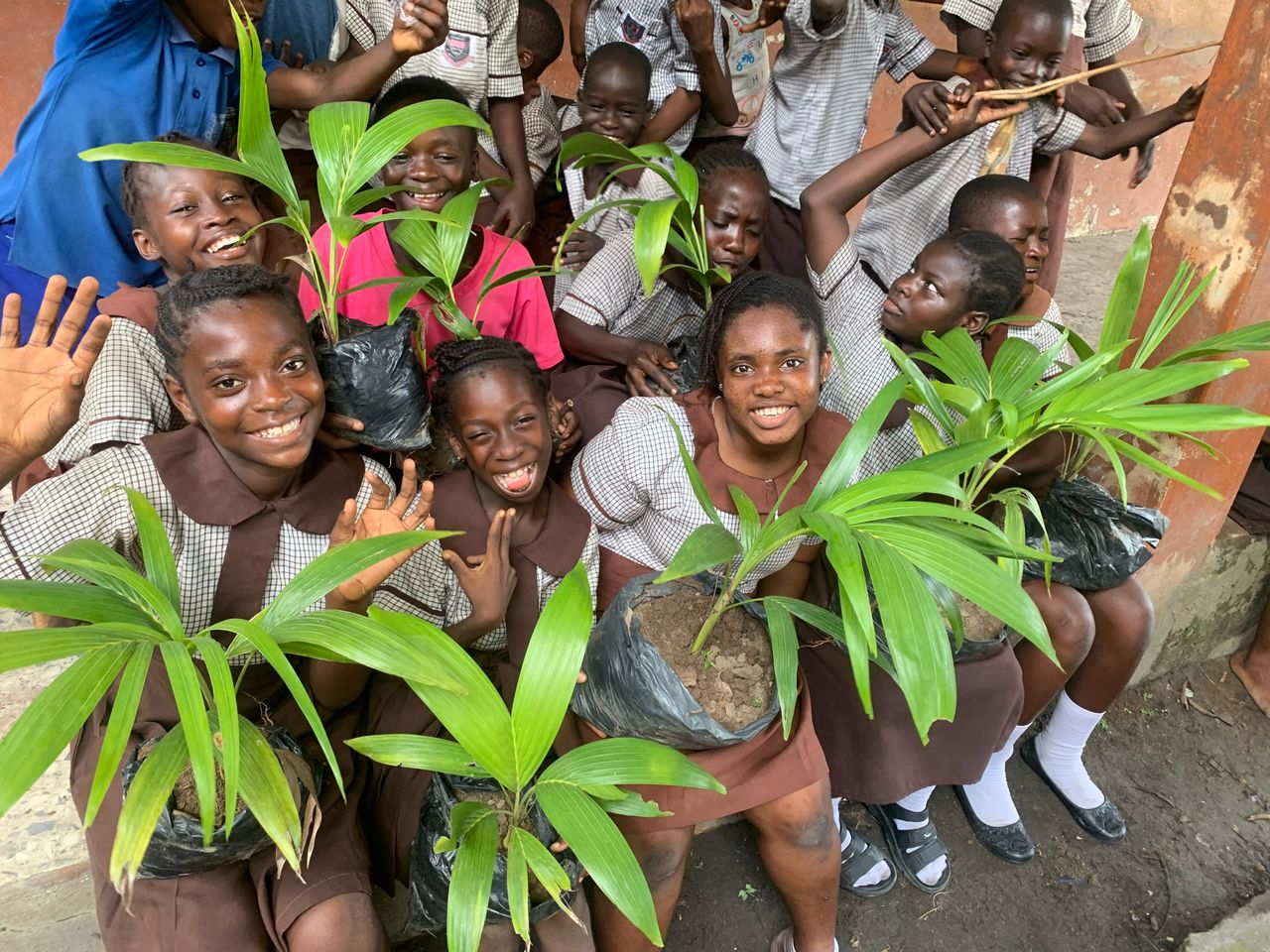
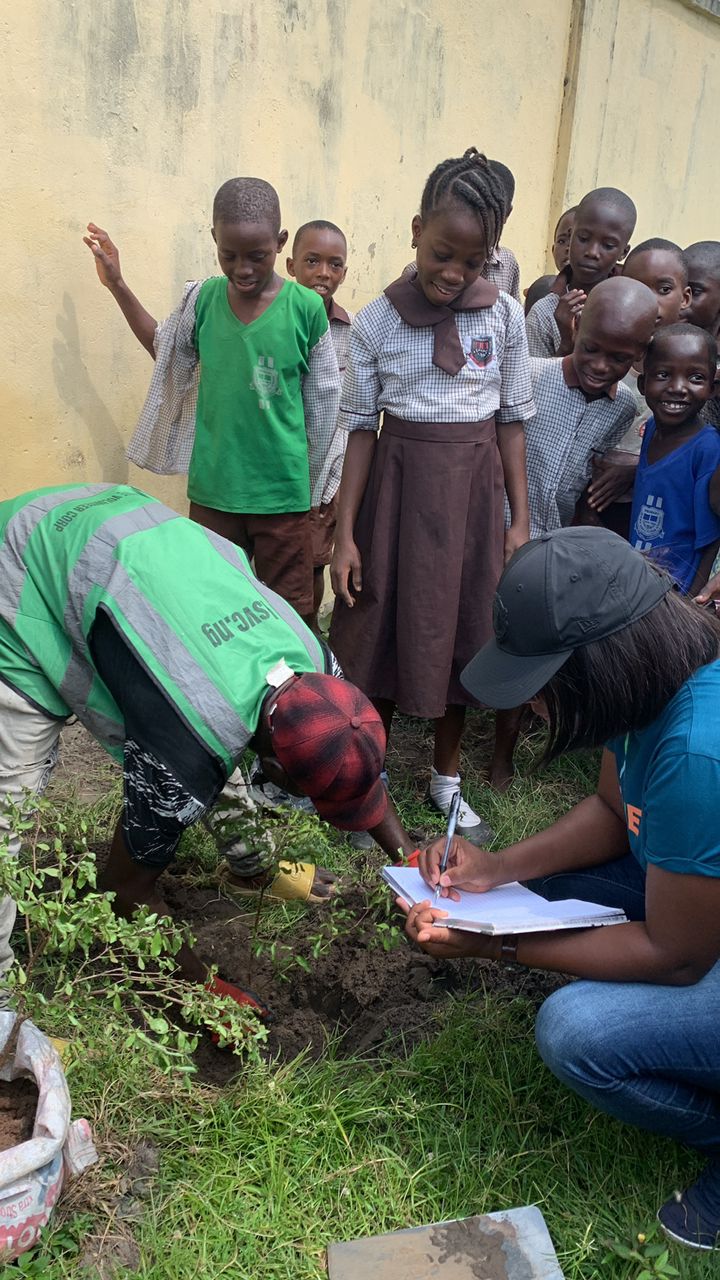
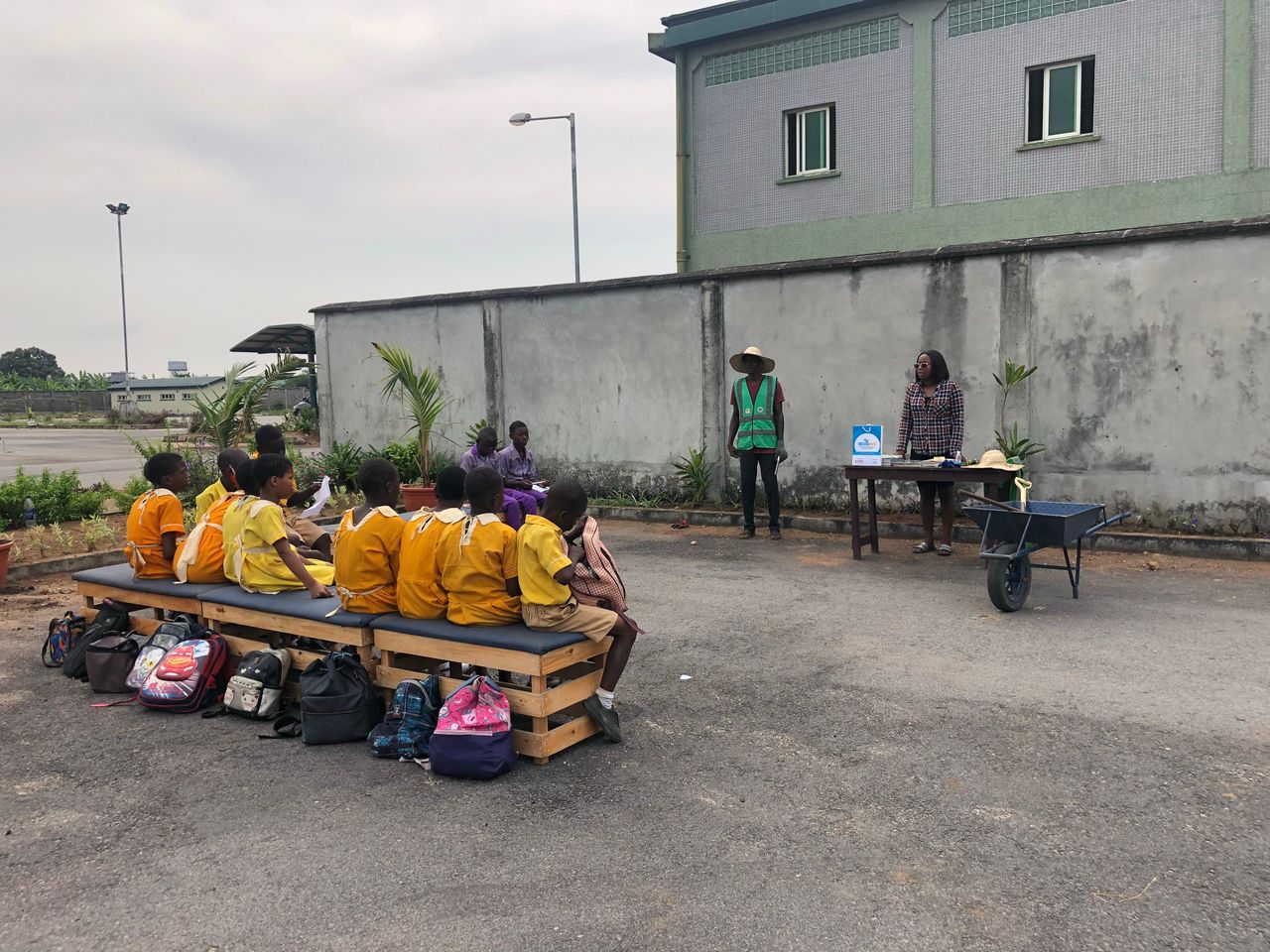
Overcoming Challenges
In carrying out their work, Doyinsola and her team face two major challenges: security, and barriers (communication, religion, beliefs).
Changing someone’s belief is not a day’s job; so, Doyinsola and her team works everyday, sharing the importance of environmental care to the individual and their families. “We also use incentives to encourage residents to continue to do the work of taking care of their environments,” Doyinsola says.
“In the area of security, we work with the Nigerian Police Force, as well as the local government authorities, who also encourage residents to be a part of our activities,” she added.
In the area of religion, Doyinsola’s team starts by reaching out to religious and traditional leaders, who then help amplify their message and work in the larger community.
Impact
- 15,000+ people reached
- 85+ schools visited in Lagos state
- 200+ tonnes of plastic material removed from waterways through RESWAYE
- 3,000+ women and youth empowered with RESWAYE
- 2,000+ trees planted in schools, shorelines, and public places
- Currently active in Lagos and Ondo states
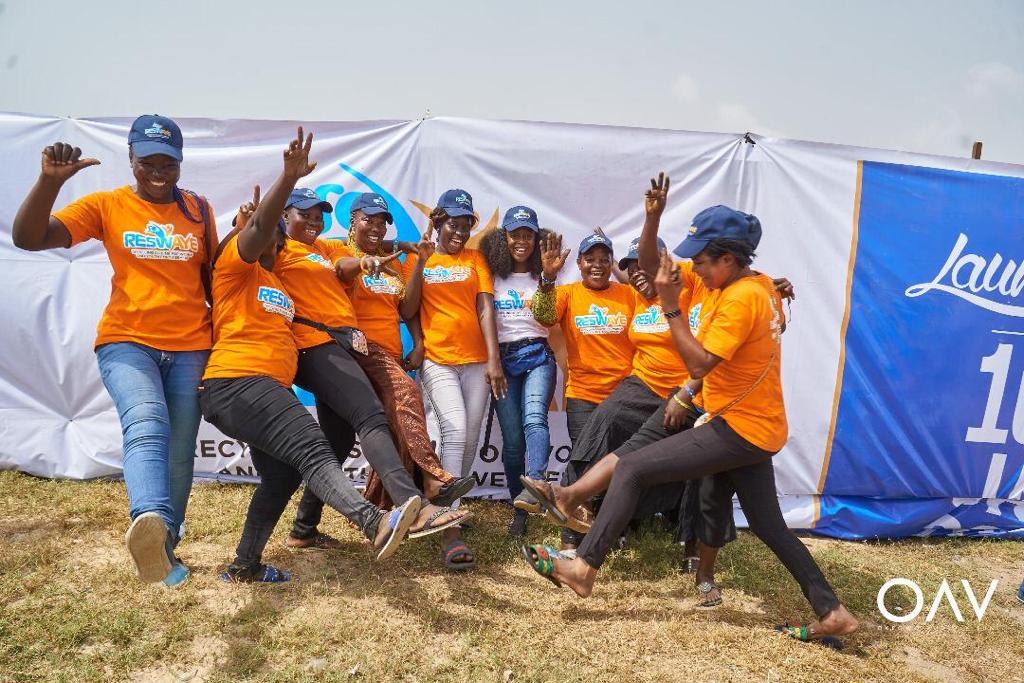
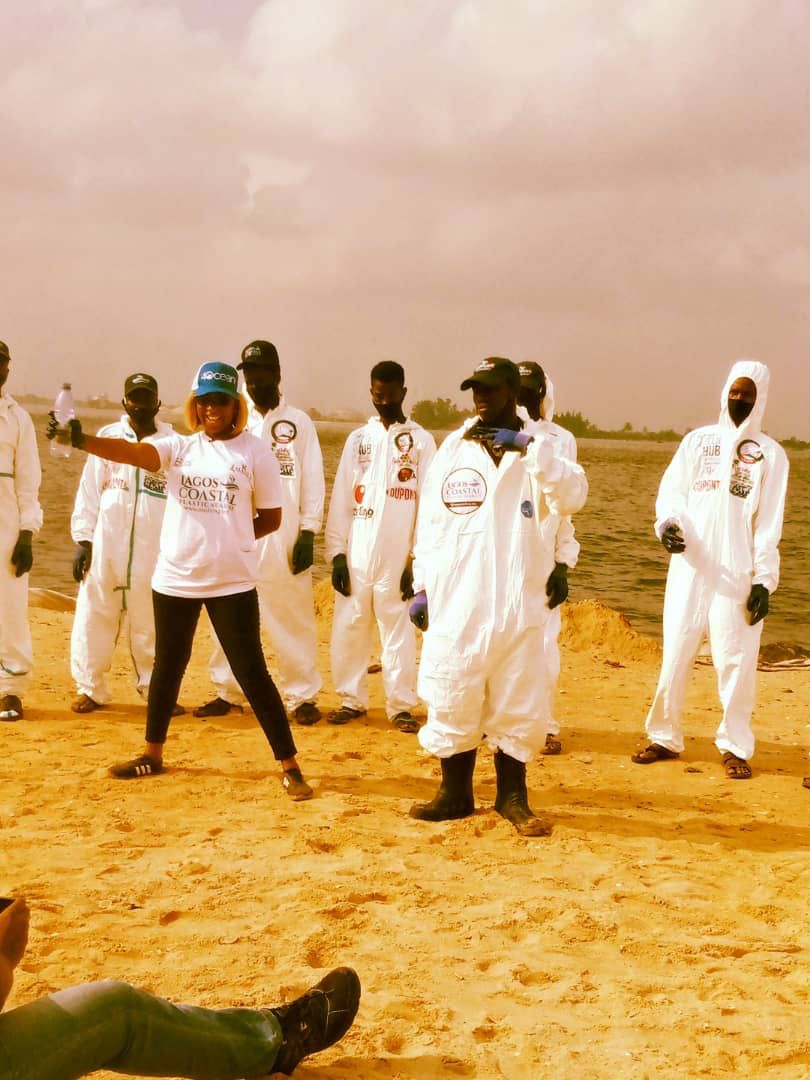
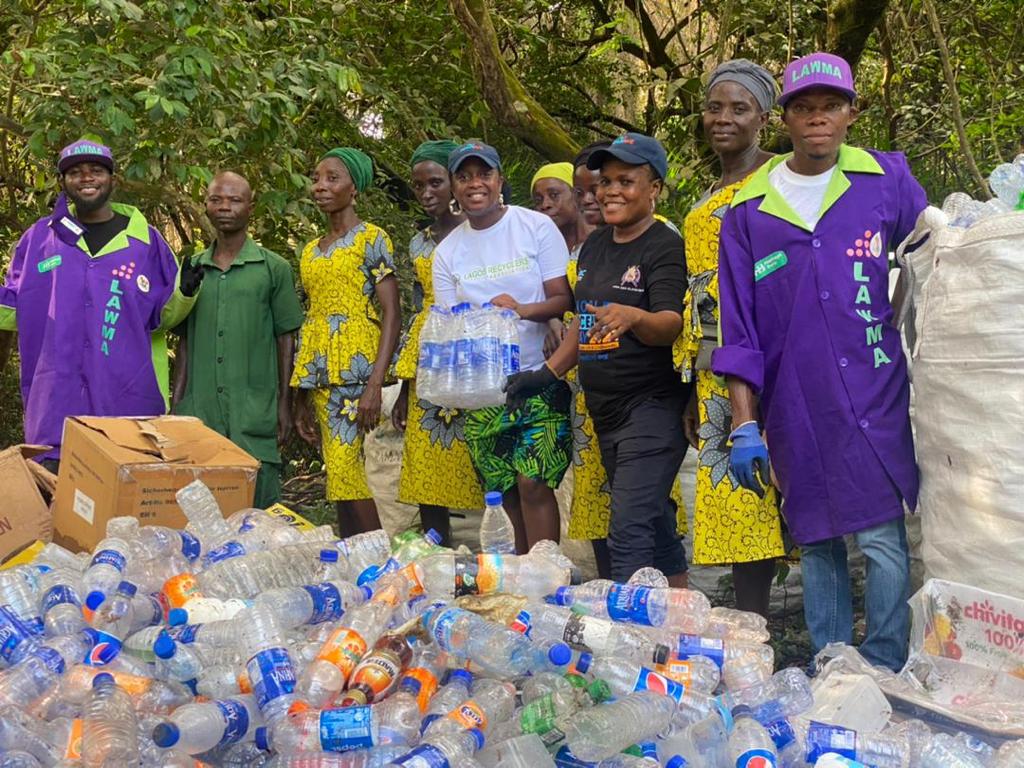
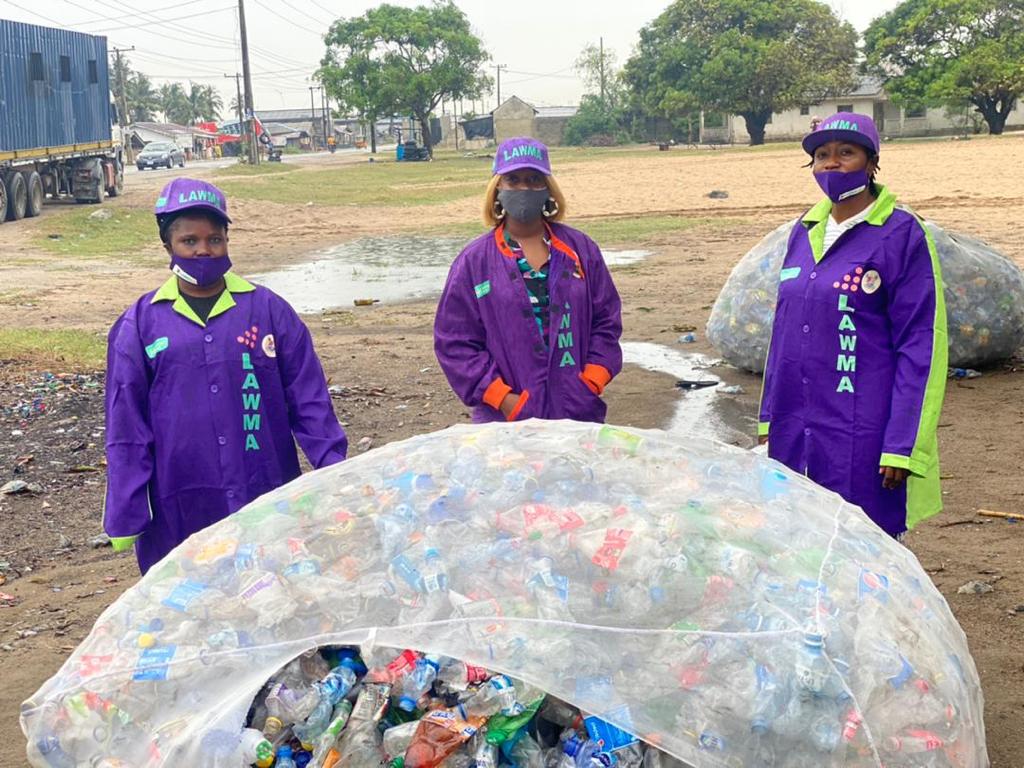
Plans For The Future
Doyinsola’s continuous goal is to reach out to more and more kids and communities across the country and the continent. “Right now, we’re focusing on getting recycling banks and projects to more communities. We’re currently in about 24 communities and are working to reach 26 more so that we can have at least 50 coastal communities that know about recycling,” she says.
With more kids and communities, comes the need for more human resources, and the organisation is also working to increase its volunteer base across the country.
As some of these communities are rural, a good number of residents who are gaining economic empowerment through RESWAYE do not have access to financial services. Doyinsola and her team have been doing some financial inclusion work there, and their plan is to give them more access to the services.
**
IMPACTER by Global Citizen x BellaNaija is throwing the spotlight on Africans making an impact in their countries and beyond. From mitigating the effects of climate change, to providing mental care, building innovative solutions to COVID-19, fighting global poverty, and providing education for all, these impacters are building smart solutions to creating a world that is safe, healthy and equal for all.
As the world strives to recover from the impact of COVID-19, IMPACTER will follow the journey of these change-makers whose projects are not just changing the lives of people, but are also creating a world of equity and equality.


